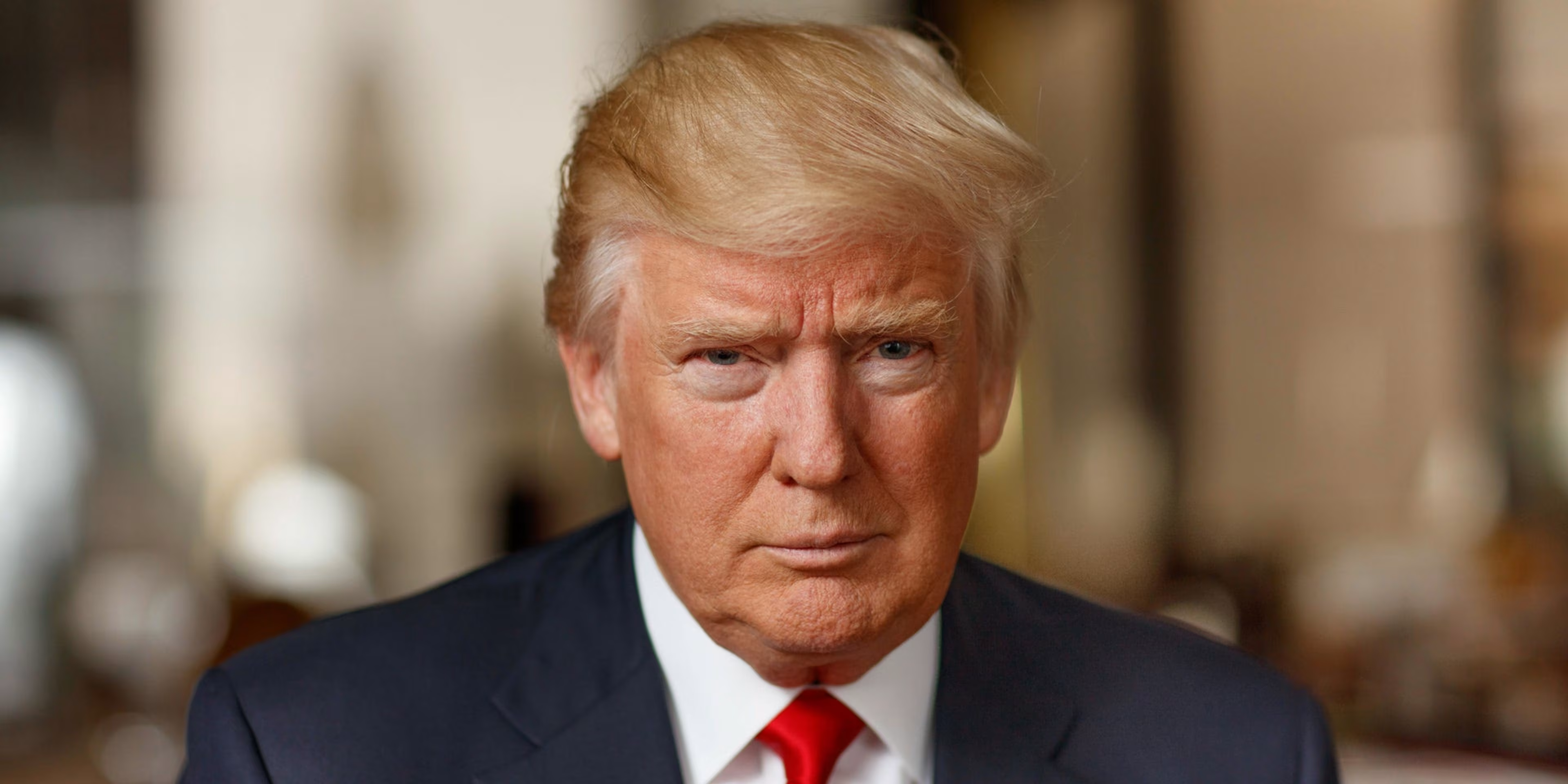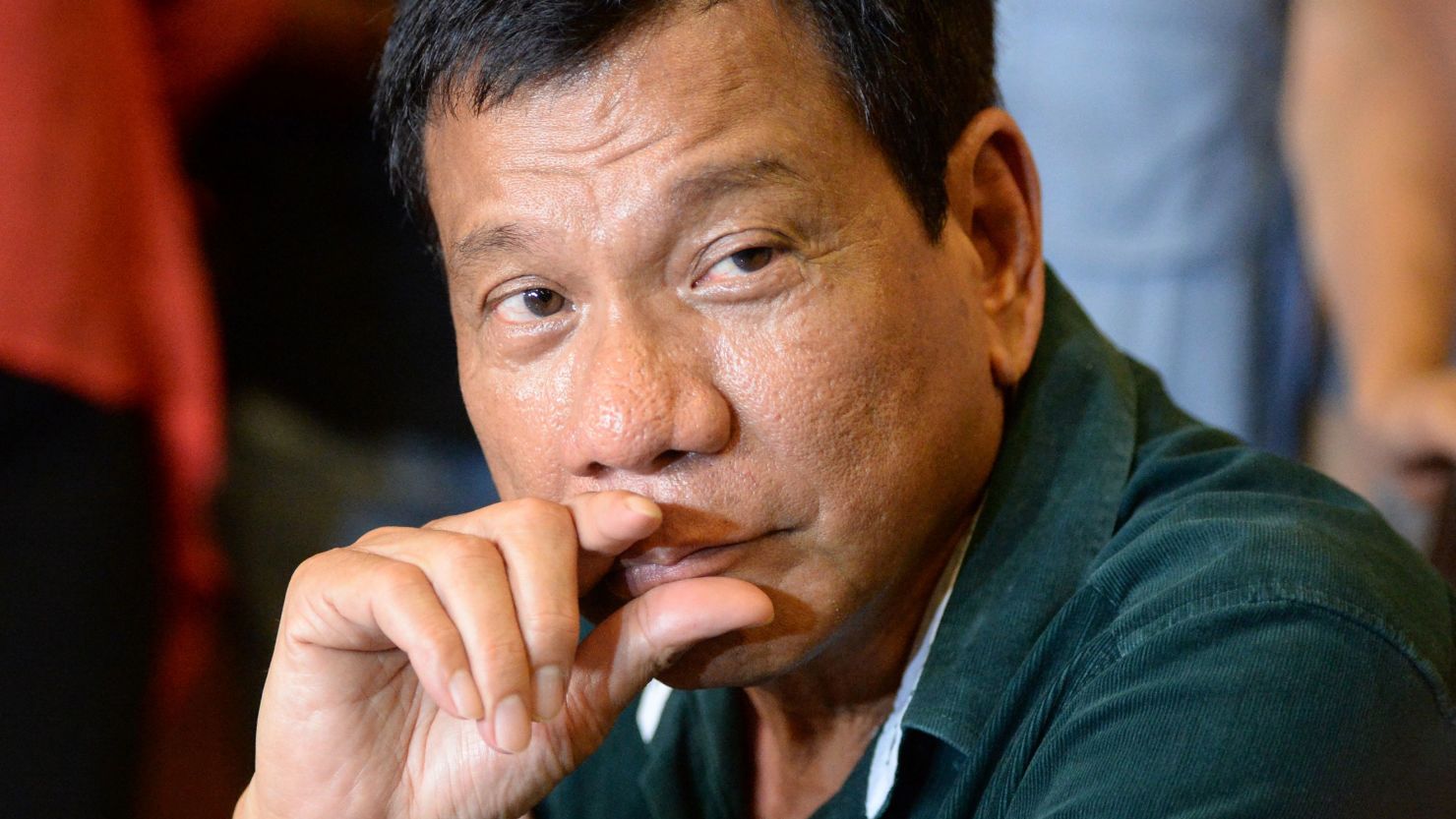
Donald Trump – 45th and 47th U.S. President
September 7, 2025“I do not want to diminish his memory, but he was a rotten son of a bitch. He deserved it.”
Rodrigo Duterte said in Davao City in June 2016 that corrupt journalists could be assassinated, aiming to intimidate critical reporters in the Philippines.
Rodrigo Duerte – 2016
Mayor of Davao City
Notable Actions Undermining Press Freedom under Rodrigo Duterte
Threats and Intimidation of Journalists
Duterte notoriously declared in 2016: “Just because you’re a journalist, you are not exempt from assassination if you’re a son of a bitch.” This chilling statement set the tone for a hostile environment toward the media. Independent journalists and outlets, particularly Rappler and its CEO Maria Ressa, were subjected to relentless legal and online harassment, including a viral barrage of threats on social media.
Killings and Impunity
At least 20 journalists were killed during Duterte’s presidency, often in connection with their work, reinforcing a culture of impunity. The first known journalist killing under Duterte was Larry Que, shot in December 2016 after reporting on drug-related corruption. Independent investigations—including by the Presidential Task Force on Media Security—repeatedly highlighted failures to protect journalists or hold perpetrators accountable.
Legal Harassment & Cyber-Libel
Maria Ressa and Rappler faced multiple lawsuits. In 2020, Ressa was convicted of “cyber libel” and sentenced to between six months and six years in prison, pending appeal—widely criticized as politically motivated. Before that, in 2018–2019, she faced charges from tax evasion to libel, widely seen as attempts to muzzle dissent.
Shutdown of Media Outlets
Duterte’s allies in Congress refused to renew the franchise of ABS-CBN, the Philippines’ largest broadcast network, in 2020, leading to its forced shutdown—a widely condemned blow to press freedom.
Cyber-Attacks and Digital Harassment
Investigative site Vera Files, alongside Rappler, suffered DDoS cyber-attacks immediately after publishing content critical of Duterte and his family—highlighting digital suppression of media.
Red-Tagging, Surveillance & Harassment
Journalists and media workers were routinely red-tagged—labeled as communists or terrorists, resulting in risk to their safety and reputations. They also faced surveillance, doxing, libel suits, arrests, and detentions, both by state actors and private individuals.
International Recognition of Repressive Conditions
In 2021, journalist Maria Ressa was awarded the Nobel Peace Prize, with the Nobel Committee and RSF citing press repression, including government harassment and legal assaults, as the backdrop. A Philippine court overturned a shutdown order against Rappler in 2024, calling the government’s interpretation of media ownership “draconian.” However, Rappler continues to face legal challenges.
Read More: https://time.com/4353279/duterte-philippines-journalists-assassination/

